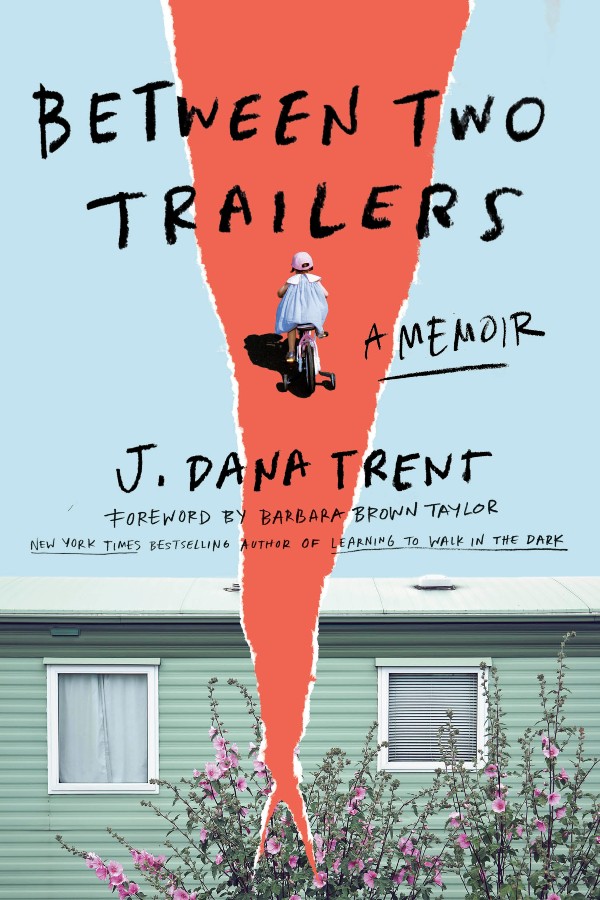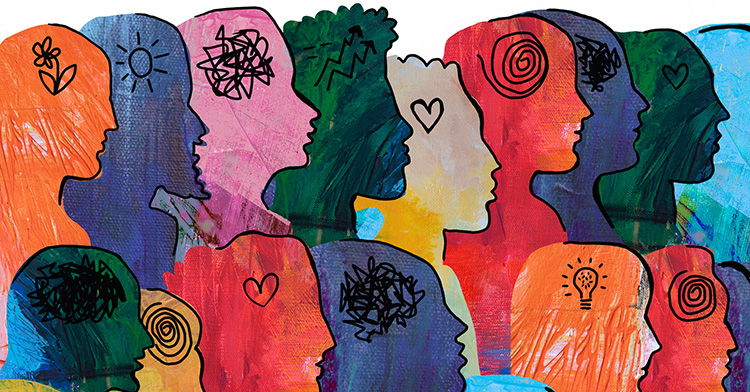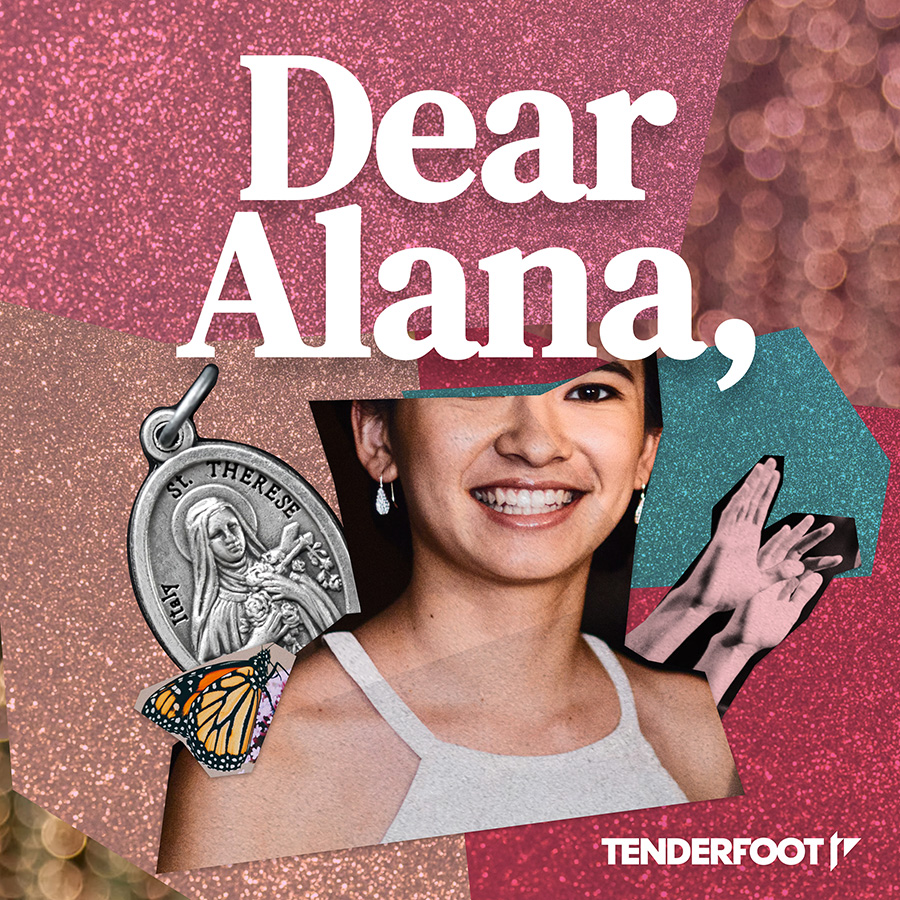Most 13-year-old boys are not constitutionally set up to enjoy chores. So when asked the other day to help pick up all the sticks and branches that had fallen in our yard as the result of the latest ice storm, our son Luke responded sullenly.
Scowling, he yanked on his jacket and gloves and headed out into the back yard. Casting dark looks at his evil parents, he began the work of picking up the fallen branches and piling them in the fire pit. Soon my husband had a good blaze going, and the work continued.
Moments later, Luke came racing into the house, headed for the pantry, face transformed with joy. Out he dashed again, clutching a plump bag of marshmallows to his chest, big grin spread across his freckles. While not so good at chores, Luke is great at turning his luck, at seeing opportunities for fun in whatever he does.
Luke has mastered the art of what IDEO founder David Kelley and his brother Tom, in their new book “Creative Confidence” call “flipping.”
In the early 2000s, Kelley began experimenting with team teaching at Stanford University. He taught courses with a cross section of professors from computer science, management science and engineering, and the business school.
Side by side in the same classroom, the students of varying skills developed what Kelley described as “a new mental outlook, a new self-image, and a new sense of empowerment.” Many of them told Kelley that they thought of themselves as creative individuals for the first time. Kelley decided to call what he was witnessing “flipping,” changing from one state of mind to another, because the playfulness of the term “reminded him of the joyful poetry of a somersault on a trampoline or a diving board.”
This experience inspired Kelley to go on to start a new program at Stanford, the “d.school,” or Hasso Plattner Institute of Design, where students of all different backgrounds could come to nurture their creativity and interact with others with a host of varied talents. He figured that rather than “drilling deeper” into one subject matter, modern challenges will need to be solved by “going broad,” across a range of disciplines.
While not all of us are born with the talent to “flip” our outlook on situations, issues and challenges, Kelley’s discoveries give us hope that new insights and ways of seeing are qualities we can learn.
Who do we need to come alongside, in order to gain new perspectives and new ways of working on old problems? What bag of marshmallows would transform a current challenge into an opportunity for joy? What work could become a bonfire around which community could gather? What issue do we need to stand on its head, in order to see it in a new and more productive way?






